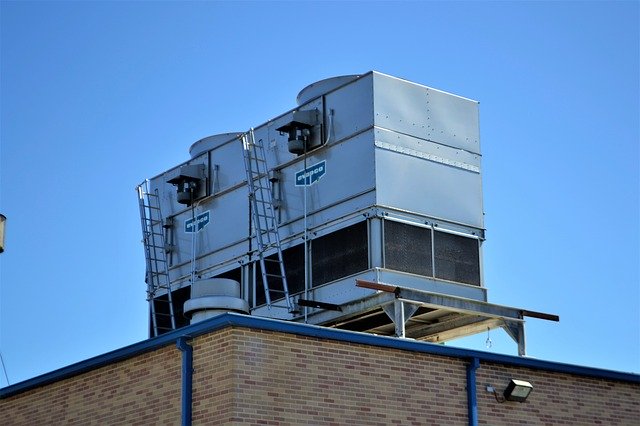
Commercial real estate investment has an enticing reward potential, however, a considerable amount of homework is required on the part of any would-be investor. Many people have become successful with it by reading and applying the tips below so that they can succeed in this lucrative field.
Before you invest heavily in a piece of property, investigate the economics of the neighborhood such as unemployment rates, income levels and local businesses. Property that is located near a large business, a college, or a hospital has better resale value and will often sell easier.
There are many websites available that offer information to investors; therefore, learn all you can before searching for commercial property. It’s not possible to be too knowledgeable, so keep researching new investing strategies.
Record problems by taking digital pictures of them. Try to make sure that your pictures shows the defects.
Commercial real estate is more time consuming, confusing and involves more than just buying a home. Understand, however, that the intensity and duration of the process is necessary to achieve the higher return on your investment.
Your investment may require substantial amounts of your individual time and attention in the beginning. Although the investment might be a tremendous opportunity, it will only be good if you take care of any repairs or perhaps do a bit of remodeling. You should never give up because it is time consuming. Once you get the property ready, you will be compensated for years to come.
Choose simple, strongly constructed buildings if your plan is to purchase real estate for the sole purpose of renting or leasing it. Tenants will be eager to fill these spaces because it will be clear that they are well-maintained. Investing in good buildings will save you money on repairs later.
You must be patient to succeed as a real estate investor. Make decisions calmly and slowly–don’t be in a rush to buy a piece of property. Do not be hasty about making a investment decision. If the property doesn’t suit you in the end, you may regret your hastiness. Be prepared to wait as much as a year for a suitable property to come available in your area.
Both local and non-local advertising of your commercial real estate property will be beneficial to you. Many sellers mistakenly presume that their property will appeal only to local buyers. Many private investors find it appealing to purchase properties that are affordably priced outside of their direct area.
Tour any properties you are considering for purchase. It may be a good idea to take a professional contractor with you when you check out properties you are interested in purchasing. Make the preliminary proposals, and open the negotiating table. Before you decide whether you want to accept an offer or not, be sure to carefully evaluate all counteroffers.
Smaller Issues
Commercial real estate involves more complex and longer transactions than buying a home. Understand, however, that this additional time and effort often translates into higher returns.
Keep your focus on the largest issues when writing your letters of intent. Keep it simple and save the smaller issues for later in the negations. You can make all your negotiations less tense, so you can agree on any of the smaller issues first.
Have a list of goals on hand before you start searching for commercial real estate properties. Draw up a list of specific attributes your office space must have, including size, number of meeting rooms, and available bathrooms.
The above articles should be of significant help when you begin planning your real estate investing goals. Using this article’s advice, you can experience all of the great opportunities in commercial real estate.
If you have to choose between two different properties, consider the benefits of opting for the larger amount of space. If you will be financing the purchase, you should take into account that doing so will require just as much time and effort for a small lot as it will for a larger lot. Generally, this is the same situation as if you were buying something in bulk, the more you buy the cheaper the price of each unit.
Sorry, the comment form is closed at this time.